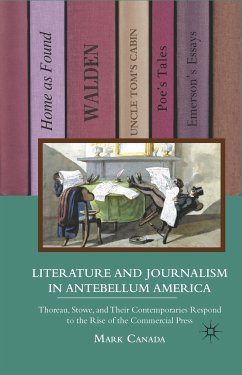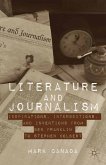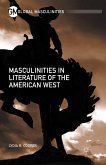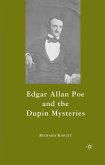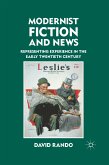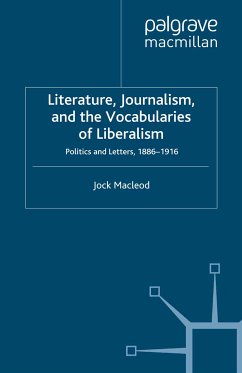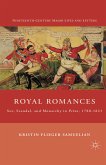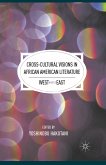Dieser Download kann aus rechtlichen Gründen nur mit Rechnungsadresse in A, B, BG, CY, CZ, D, DK, EW, E, FIN, F, GR, HR, H, IRL, I, LT, L, LR, M, NL, PL, P, R, S, SLO, SK ausgeliefert werden.
"Literature and Journalism in Antebellum America offers a unique perspective on a hitherto-neglected subject of importance: the chief antebellum writers' sharp awareness of and sharper responses to the rise of commercial writing in newspapers that captured so large an audience. Historians of American literature, print culture, and American Studies will be particularly interested in this book, but it should be found on the shelves of anyone interested in nineteenth-century America generally. Moreover, the author's asides that treat of the vexed state of journalism at this moment add to the volume's significance." - Philip F. Gura, Newman Distinguished Professor of American Literature and Culture, University of North Carolina at Chapel Hill

